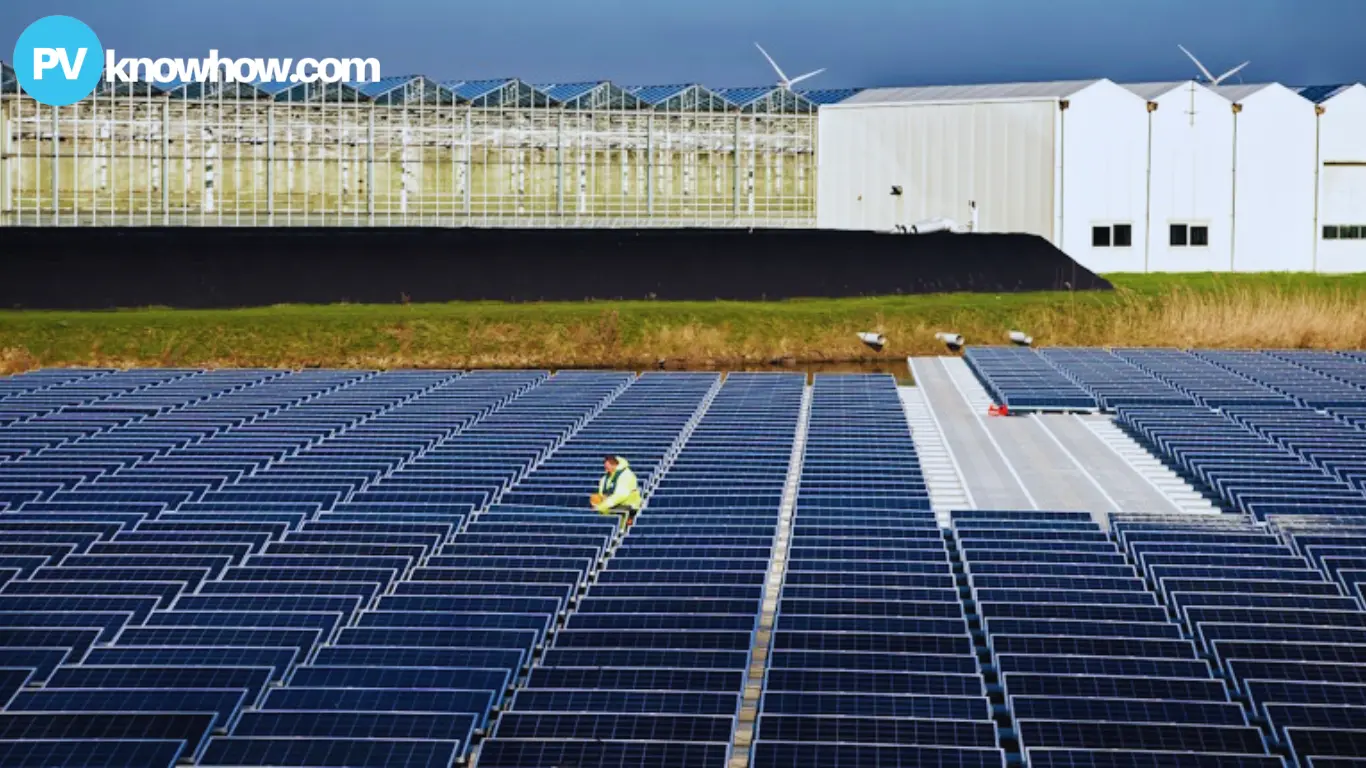TUI has launched three new solar plants in Turkey, supplying 15 megawatts of renewable energy to eight of its hotels. This initiative is a key part of TUI's global strategy to enhance its commitment to sustainable energy solutions.
Solar Plants: Cutting Costs and Reducing Emissions
Travel and tourism giant TUI has made significant strides in green energy with the recent launch of three new solar plants in Turkey. The company has connected these plants to the grid to supply power to eight of its hotels across the country. This marks a major step forward in TUI's global solar strategy, as it continues to expand its commitment to sustainable energy solutions.

Image: Collected
The new solar plants have a combined capacity of 15 megawatts (MW), providing a substantial source of green energy for TUI's hotel operations. One of these solar plants, with a capacity of 6.8 MWp, is operated directly by TUI Hotels and Resorts Türkiye.
This particular plant will supply energy to four hotels, ensuring a year-round green energy supply. The other two solar plants were developed through a partnership between TUI and the Turkish hotel chain Akra. These plants, located in the southern regions of Elmalı and Alanya, will power another four hotels in the area.
Sebastian Ebel, CEO of TUI Group emphasized the importance of this initiative in the company's broader sustainability goals. "This initiative underlines our aim to grow sustainably and profitably and to significantly reduce our emissions," Ebel said. "The solar parks in Türkiye provide our local hotels with a cost-effective and environmentally friendly energy supply. For TUI, the new PV plants are an important step towards achieving the sustainability goals to which we are clearly committed."
More Green Energy Projects Ahead
The new solar plants are just the beginning of TUI's renewable energy projects in Turkey. The company has revealed that a third solar plant which is also part of its joint venture with Akra is expected to be connected to the grid later this year.
Additionally, TUI is planning further solar projects. These include a new plant in the southeastern city of Şanlıurfa which will power another two hotels. These developments are part of TUI's larger plan to increase its use of renewable energy across its operations worldwide.
TUI's commitment to sustainability extends beyond its hotel operations. The company has also been deploying green energy solutions at its travel agencies and office buildings. In Germany, for example, all TUI buildings are now supplied with 100% renewable energy.
This shift towards green energy is highlighted by the installation of a solar system on the roof of the TUI Campus in Hanover. This system, covering an area of 7000 square meters, has a capacity of up to 1.5 MWp. It began supplying the entire office operations of the TUI Campus with solar energy earlier this year, as well as providing energy for 42 electric car charging points.
Solar Plants Investments on the Rise
TUI's efforts in Turkey are part of a broader trend within the country to increase the use of renewable energy. Turkey's total installed solar capacity surpassed 12 gigawatts (GW) earlier this year, and the government has set an ambitious goal of increasing the share of renewable energy in production to 65% by 2035.
In 2023 alone, TUI Group installed around 20 photovoltaic systems at TUI Hotels & Resorts worldwide. This global push for solar energy is part of TUI's strategy to reduce its environmental impact and lead the way in sustainable tourism. The company's focus on renewable energy is not just about reducing costs; it is also about meeting the growing demand from consumers for more environmentally responsible travel options.
The expansion of solar energy in Turkey and beyond is a crucial step in this journey, and TUI's recent projects are a testament to what can be achieved when businesses prioritize the environment alongside profitability. With more solar plants planned and a growing emphasis on renewable energy across its operations, TUI is well-positioned to continue leading the charge towards a more sustainable future.
